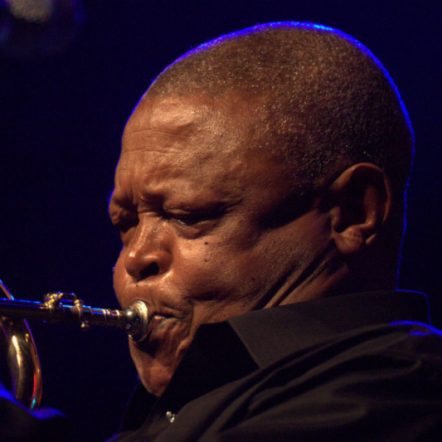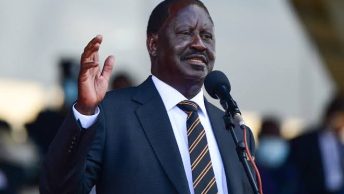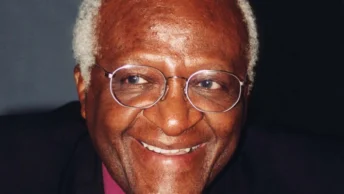Legendary jazz musician and voiceferous anti-apartheid activist, Hugh Masekela has passed on, and there is not a dry eye in the RAINBOW NATION.
Africa is indeed the poorer for it.
Hugh kept the torch of freedom burning and was a constant thorn in the side of the racist apartheid regime in South Africa in all his 30 years in exile in Botswana. In spite of many offers for citizenship from many countries, Hugh refused to give up his South African passport, saying it would dilute his resolve to return home. And return home he did when Nelson Mandela wa released.
With the death of this architect of Afro-Jazz, a big baobab tree has fallen. His horn will now only be heard through the hundreds of prolific songs he leaves behind.
His son, Selena Masekela said it best, “My father’s life was the definition of activism and resistance. His belief was that the pure evil of systematic racist oppression can and would be crushed.”
Hugh’s last performance was in 2010 and was seen as his epitaph to his long and distinguished career.
His hit album, SOWETO BLUES, was composed in response to the uprising in the vast township, and is an eloquent melodic symphony that chronicled the suffering of black South Africans.
In 1987, in support for Nelson Mandela’s release this outstanding musical pioneer gave us a powerful political outcry in “BRING HIM BACK HOME”, a song that went on to become the anthem of the anti-apartheid struggle.
Hugh was friends with other musical greats: Miles Davis, John Coltrane, Paul Simon, and none other than Jimmi Hendrix.
This titan of jazz and of the anti-apartheid struggle now belongs to the ages. But his voice and trumpet will reverberate for decades to come, reminding us that a great musical giant lived in our midst for 78 years.
He once said, “I’ve got to where I am in life not because of something I brought to the world but through something I found — the wealth of African culture.”
I say no more.







